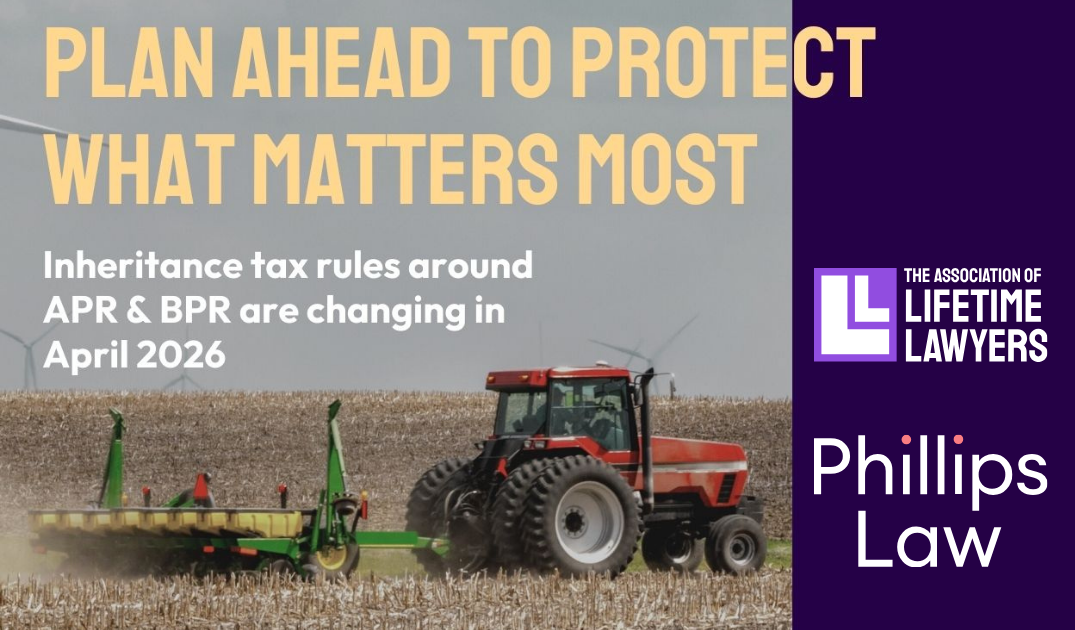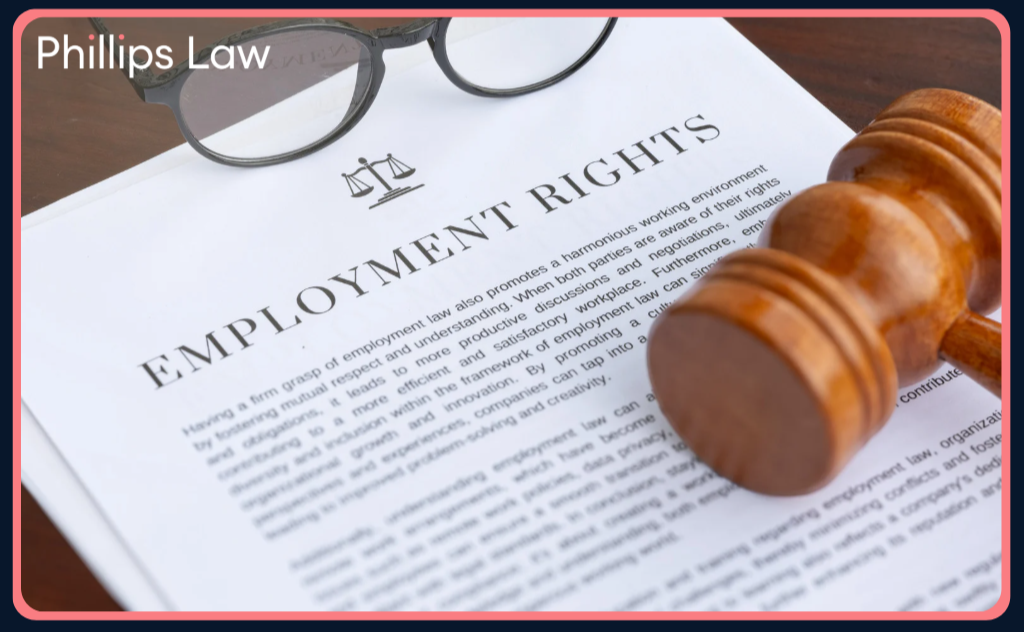
30 January 2023
A recap on MEES
The Minimum Energy Efficiency Standards (MEES) were established by The Energy Efficiency (Private Rented Property) Regulations 2015 as part of the Government’s strategy to reduce carbon emissions in the UK. MEES aim to help the Government achieve their goal that, by 2030, all commercial properties will have a minimum Energy Performance Certificate (EPC) rating of B.
What happens from 1 April 2023?
From 1 April 2023, MEES will require all commercial properties to have an EPC rating of E or above. For now, Landlords have only had to comply with this requirement on the grant of a new lease. However, from 1 April 2023, it will be unlawful for a landlord to let a commercial property if it has an EPC rating which is below an E, regardless of whether the lease is a new lease, a lease renewal, or an existing lease.
A landlord can be issued a fine ranging from £5,000 up to £150,000 and face other penalties if it is found to grant a new lease or, from 1 April 2023, if it continues to let a commercial property that has an EPC rating lower than the minimum required E rating.
Are there any exemptions?
Landlords can register a permitted exemption on the PRS Exemption Register to enable them to remain compliant with MEES requirements.
All exemptions can be found and registered at https://prsregister.beis.gov.uk.
Registered exemptions are linked to the landlord who has registered it and that exemption does not stay with the property. If a new landlord acquires a property which had an exemption registered, they will not benefit from that exemption and will need to re-register it.
Exemptions last for 5 years, apart from the exemption for recently becoming a landlord which is only valid for 6 months.
What action should you be taking?
All landlords of commercial properties should consider their portfolio and take action to ensure that the EPC rating of any commercial property that they currently let or intend to let from 1 April 2023 has an EPC rating of E or above. Otherwise, they should apply to register an exemption before this deadline (if they are eligible for one).
Any checks or remedial works required to ensure the minimum EPC rating of an E can be achieved should be carried out ahead of this approaching deadline.
Landlords should consider any impact this may have on their tenants and should liaise with their tenants regarding any required improvement works. They should also consider whether their tenants should contribute to the cost of any such improvement works if their lease allows.
For advice on this subject or any commercial real estate matters please contact
Clare Strachan on 01256854674 or [email protected]
Contact Us
Please call us or email and we’ll get back to you as soon as possible.

We are delighted to announce that Phillips Law is the regional sponsor of the Knight Frank Schools Triathlon, supporting both the Charterhouse and Marlborough events. The Schools Triath ...
More
What farming families and business owners need to know If you own a farm, land, or a family business, you will have undoubtedly heard that inheritance tax (IHT) rules are changing. Whil ...
More
We are about to see a great wave of Employment Law changes following the Employment Rights Act 2025 becoming law in December. We will use these updates to keep you abreast of the change ...
More
As we look back on a busy and notable January at Phillips Law, we wanted to share a round-up of recent milestones, insights, and community moments from across the firm. Phillips Law cel ...
More
A guide to share incentivisation for employers and an update on the new employment rights. We have created a morning of practical insight that focuses on how you can reward and retain y ...
More
We are proud to announce Victoria’s Promise as Phillips Law’s Charity of the Year for 2026. Victoria’s Promise is a local charity providing dedicated support to young women aged 25 to 5 ...
More